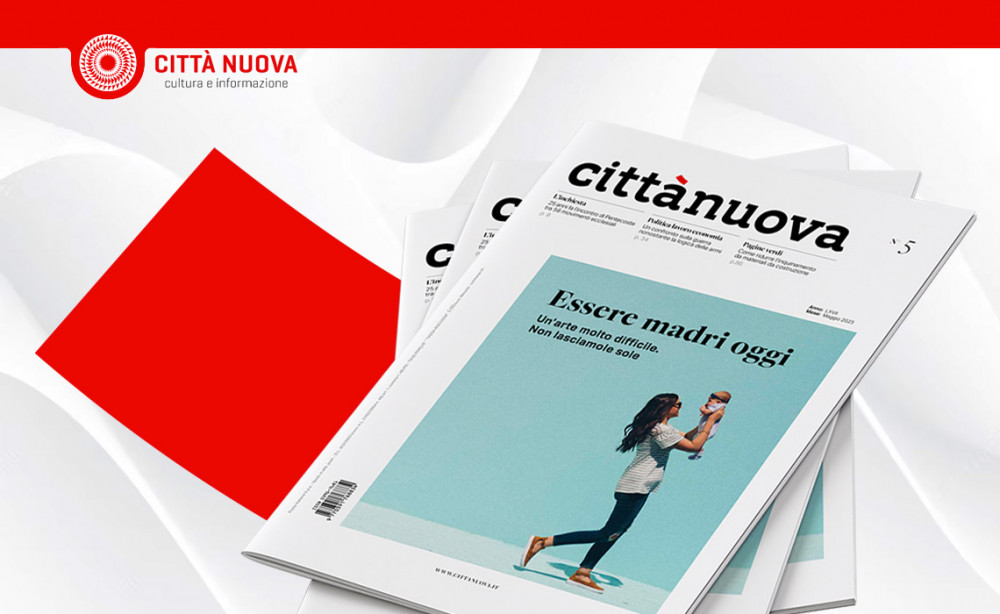Faced with the serious employment crisis, it´s time to do something
by Luigino Bruni
Published on Cittanuova.it on 19/02/2010
Benedict XVI recently reaffirmed the need to "do all that is possible to safeguard and increase employment." The center of the economic system must be held by the person, even today, and especially today. Technological, financial and social capital are certainly important, but "human capital", the workers, remains the key factor in an economy that wants to be person-friendly. Instead, the global economic and financial crisis strongly shows that human labor is decidedly relegated to the backdrop of our capitalistic development model, which, being always more in the hands of finance, has lost contact with the fatigue of work.
On the other hand, this serves consumption, giving life to one of the most worrying phenomenon of our time: the chase after consumer products. But history teaches us that peoples develop when the "competitive" tendency of human beings is not expressed primarily through consumption (one competes by possessing cars and phones that are more expensive than those of others) but rather in work and production. Besides, this crisis should have taught us that the only kind of wealth that produces true well-being is that which results from human labor. Promises of wealth without work are always suspicious and are very often individual and social bluffs.
What can we do, then, during this profound employment crisis? First of all, we need to remember that work is not a good that can be left only to supply (of workers) and demand (of businesses). Work, better described as working, is a primary good, since the dignity and the identity of persons, their dreams and their possibility to acquire other goods depends on this, and as this is what makes the economy spin. Therefore, unions will always be a great sign of civilization and full humanization of civil life.
We´ll get out of this crisis if we know that we need to find a new working arrangement. Globalization and the entrance of new continents on the economic scene are radically changing the economic model that dominated the Western world during the 20th century. In that model, a state-market binomial, which brought extraordinary results in economic growth, the capitalistic market was entrusted with the role of production and of employing workers. The state was given the task of filling in the gaps left by the market, including gaps in employment. All that dealt with private and associative life, and therefore to ideal and political values, did not fit into the market or the state. It was a "third sector," and any jobs that it created were marginal, since its nature was something other than economic.
Today, this model is going into a mortal crisis: the traditional market can´t take it anymore, and the state is even worse. The third sector must evolve into what we call "civil economy", a new economic and social model where civil society is not a residual element (a third) but the fulcrum of creativity for the entire economy. We need a new season of innovation where citizens do not entrust work only to large traditional corporations and to the state, but that they be protagonists of new businesses in high innovation sectors.
Work today must not only be "saved" and "sought" but also "created." We must imagine a system where cooperatives and associations do not only worry about treating people but also about goods with high added value. Therefore, a new social pact needs to be invented so that civil economy does not only have the function of redistributing resources but also of creating them.
If Italy wants to continue to hold a significant place in the new world economic scene, a phase of new creativity must be re-launched in which new scenes and new markets are imagined and include relational, cultural and environmental goods, which are always more scarce and, therefore, precious.







